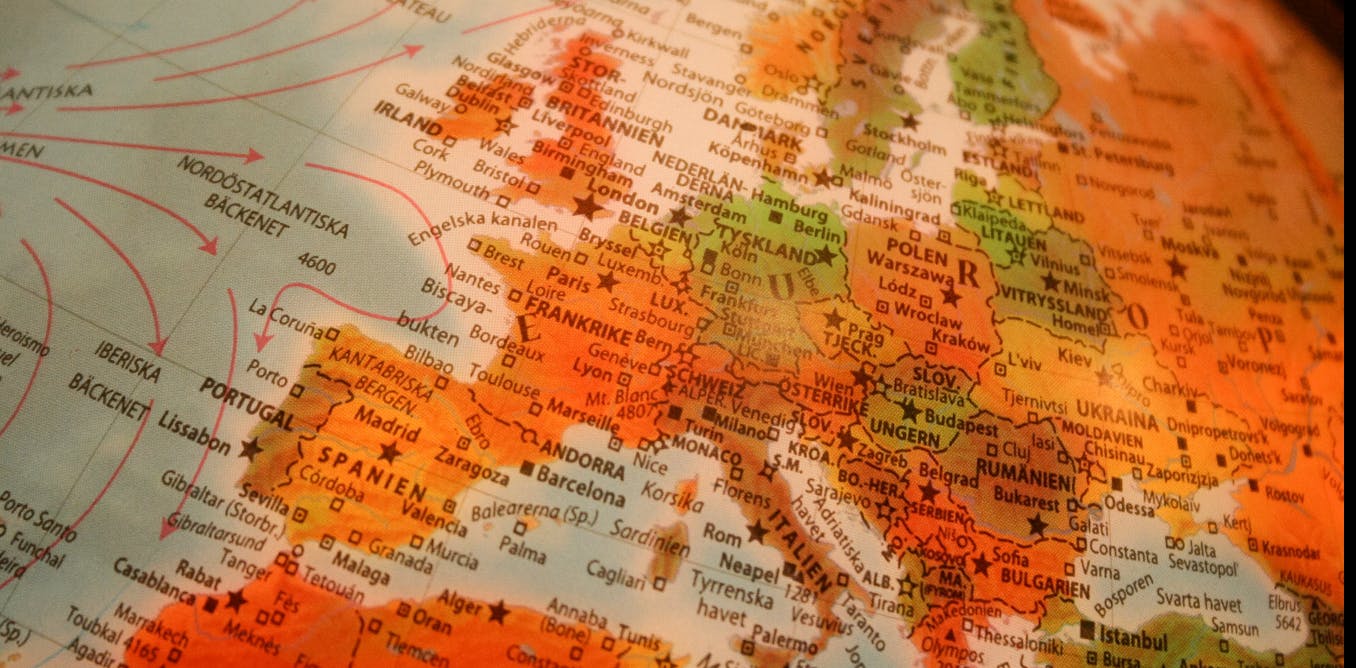So I saw the words “4ºC of global warming is optimal” and couldn’t even get my head around it at first. Possibly because the extreme double-take had twisted my neck. Then I read some more about the methodology used to create these results by a winner of the so-called “Nobel Prize” for economics.
I have seen some flaky assumptions in my past life, especially in relation to cost-benefit analyses, but this was almost literally unbelievable. Anyone skeptical about the degree of rigour in classical economics is unlikely to change their mind based on this analysis. The authors of the original paper extrapolated from the relative economic growth of individual states in the contiguous USA (i.e. not Alaska or Hawaii) to the whole planet. Because the whole world is just like the contiguous states of the USA, obviously. The economists’ conclusion was that 4ºC of global warming is optimal in terms of economic costs and benefits. It would seem that 4ºC of global cooling would be OK too, based on their analysis, even though that would cause a new Ice Age.
A lot of the really serious concern about global heating is that the processes involved are non-linear. Tipping points, positive feedback loops, that sort of thing. Permafrost melting. That old favourite about Earth’s albedo and polar ice melting which people were banging on about in the 70s. Or possibly the 60s. It definitely pre-dated the original BBC Edge of Darkness.
So choosing a benign, unrepresentative, linear set of starting assumptions doesn’t seem terribly smart. Obviously this is all very reassuring for anyone keen on business as usual, but there are suggestions from health professionals that the picture isn’t so rosy
Fortunately there is other work going on in this area which involves some climate scientists too. Almost any sort of actual scientists would be an improvement.

